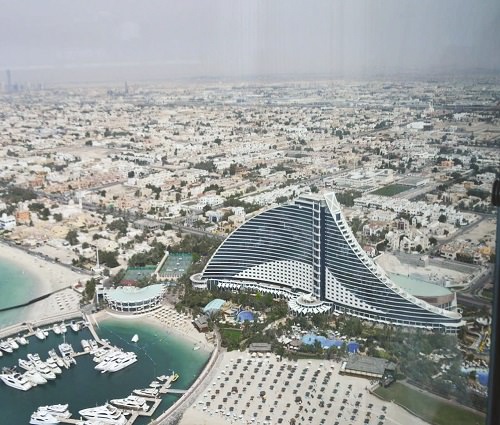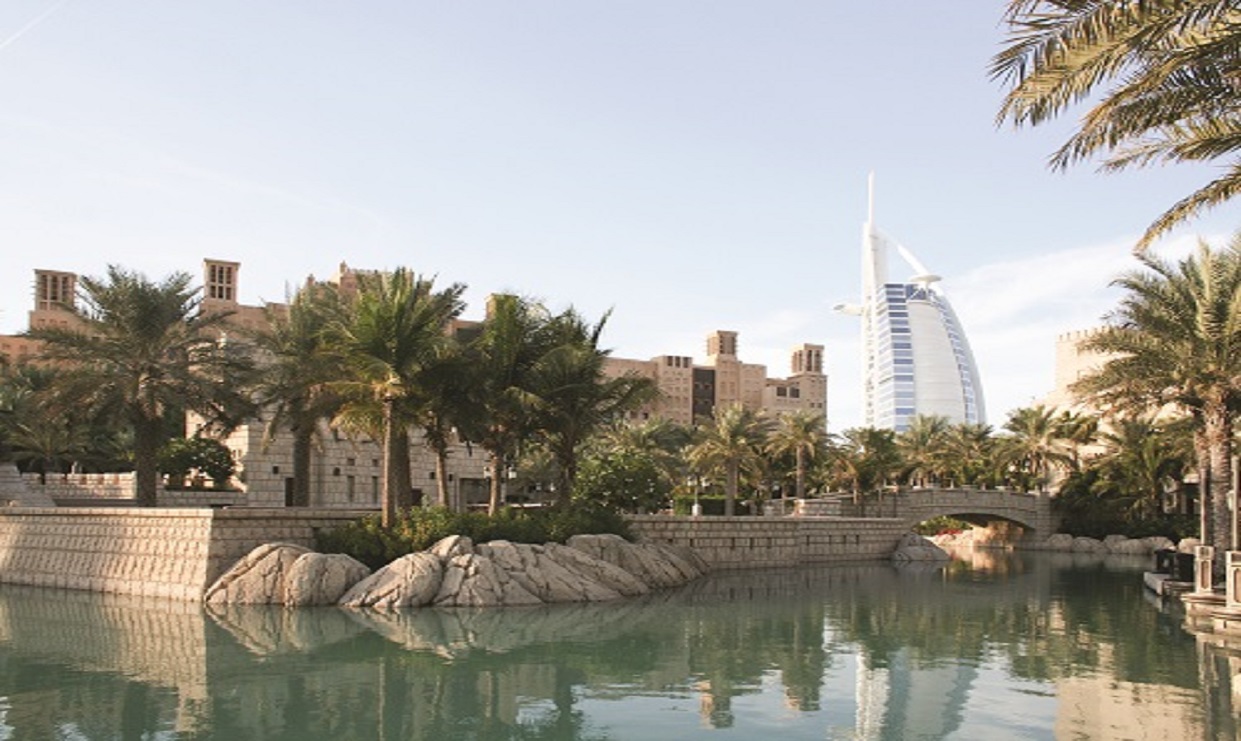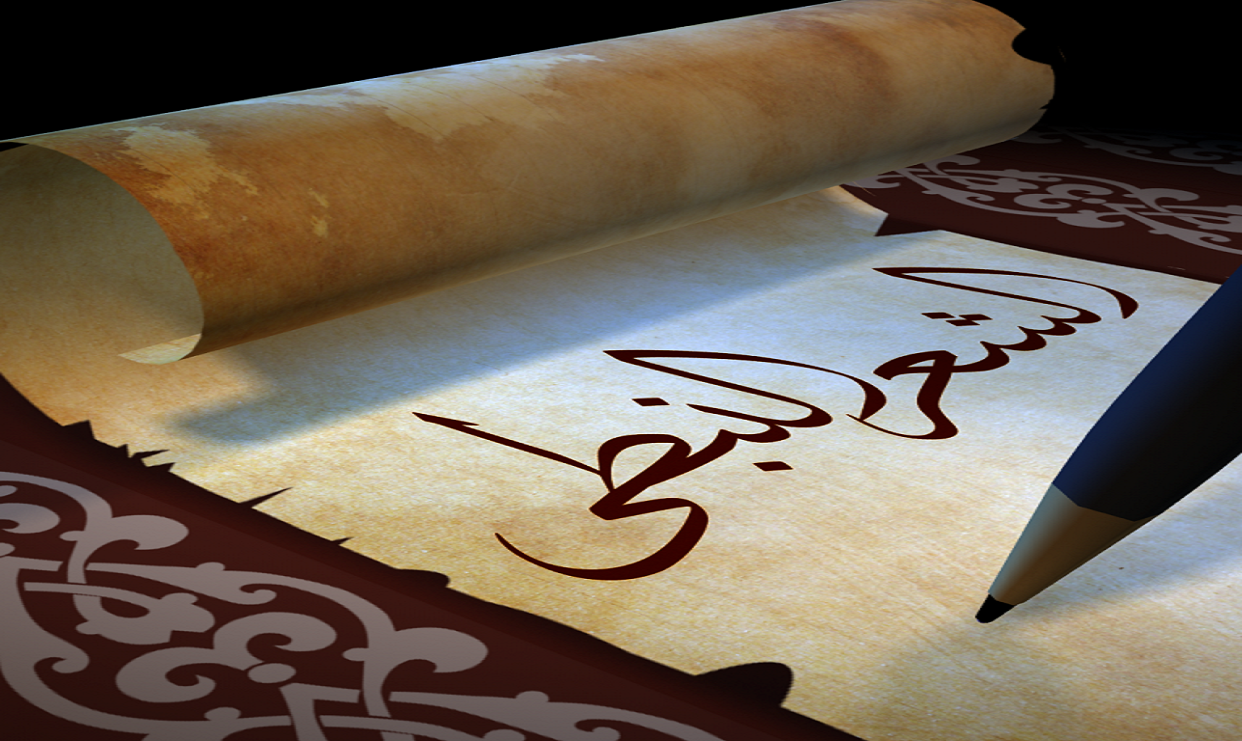Jumeirah .. And its Connotations
A certain wonderful scene remains prevalent in the immortal images of my memory, yet its reality is no longer there, and now as change has conquered every single detail of our beautiful region, it won’t return again. It is the picture of Jumeirah; a beautiful region that has totally changed and turned into a tourist and commercial destination. Previously, it has been the place for gracious long-standing families, and a vital place for fishing sardines known in the UAE as the “Ouma”.
It is a picture I cannot forget, and my memory recalls its beautiful details: the enchanting sea plays an oriental melody that attracts people around it, its wonderful shore puts its shells on my ears to hear its words, the rain falls softly, and the sun shines behind the clouds, the branches of palm trees dance joyfully, and the hustle and bustle of children running everywhere.
One day, I returned home and saw my mother. My clothes were drenched by rain, and I was carrying a sea bird called “Harisha”, that I caught using primitive handmade by myself. I asked my mother about the meaning of “Jumeirah”. “How should I know? But they say that the sand in Jumeirah is hot as “Jamr” (Arabic world for ember) in summer, that’s why our people call it Jumeirah”, replied my mother.
My grandmother, who was listening to this interpretation said: “Oh boy, these names were inherited by people in ancient times, so do not worry about them”. “You should tell me more”, I replied to my grandmother.
“They say the sand in Jumeirah is extremely white and it shines like “Qamar” moon at night, and there is no such a nearby place like this, which makes it a landmark for sailors. That is why it was named “Jumeirah”, explained my grandmother.
I heard what my mother told me, and what my grandmother said about the secret of naming our beautiful region “Jumeirah”, but I was not convinced of their interpretations.
Since I was a child, I liked knowledge and used to inquire about everything I do not know. Ever since, I didn’t hesitate to question about the reason of naming “Jumeirah” whenever I come across an old man, an old woman, and a trusted narrator.
But it is strange that all the answers were similar to the previous two interpretations, it is either named “Jumeirah” derived from “Jamr” which means “embers” for the heat of its sand, or “Qamara” (feminine adjective of moon in Arabic) due to its extremely white sand which shines like the moon for sailors. Thus, I will try to correct one of these interpretation.
Let us discuss the first interpretation, whether the name “Jumeirah” is derived from the “ember” because of the heat of the sand, according to the presumption of many elderly people with whom I have met. We say: this interpretation may be true because of the similarity of the letters and the geology of the region, but this interpretation isn’t sufficiently substantiated to the following factors:
First, all the desert sand is hot in summer time, in Jumeirah and everywhere else in Dubai or any other desert land. Why the Jumeirah area was named “Jumeirah” other than the rest of scorching hot desert areas?
Secondly: In our dialect, we do not call an ember “Jamrah”, but rather we replace the letter “J” with “Y”, so we pronounce the word “Jamrah” “Yamrah”. If “Jumeirah” was derived from “Jamr” resembling the heat of “embers”, it would have been called “Yumeirah”. For instance, we pronounce “Jamal” (camel in Arabic) “Yamal”, and “Jabal” (mountain) becomes “Yabal” and so on. This is quite familiar in our dialect and in the dialect of some people of Bahrain and Kuwait and other people of the Arabian Gulf.
Therefore, this interpretation is far from the more likely interpretation that we examine.
The second interpretation says “Jumeirah” is derived from “Qamara” due to the extremely white sand that shines to people coming from the sea. This derivation is very reasonable and affirms the opinion of past narrators. It could be true for the following reasons:
First: the white natural sand of “Jumeirah” shines at night like the moonlit night. In Arabic we say: “Muqmerah, Qamraa and Qamara” (adjectives meaning moonlit when describing ‘night’). “Qamara” is associated with excessive brightness. Historically, the shore of “Jumeirah” was famous for its brightness, before replacing the old sand with new one from other lands. Thus, the natural charming shore vanished, and “Qumeirah” is no longer the same.
Secondly: In our dialect we replace “Q” sound with “J” to make pronunciation easier. For example, we say “Jamry” instead of “Qamry” (a kind of pigeon). Consequently, the origin of “Jumeirah” derives from “Qumeirah”.
Thirdly: When you try to pronounce “Jumeirah” and “Qumeirah”, especially if you are originally from this region, you will find the similarity in the sound.
Fourthly: There is a deep-rooted family in Bahrain – Bani Hajar – of “Kadadat”, who are called “Al Qamara”, and who live in “Qamara” neighborhood in the Muharraq area. In their dialect, they are called “Al Jamri” instead of “Al Qamri”, which asserts the above mentioned replacement.
In summary, I say: The closest derivation of the name “Jumeirah” comes from “Qumeirah” for the reasons mentioned above. God willing, “Jumeirah” will remain shining and prosperous under the wise government of Dubai and our esteemed rulers, Al Maktoum family.





